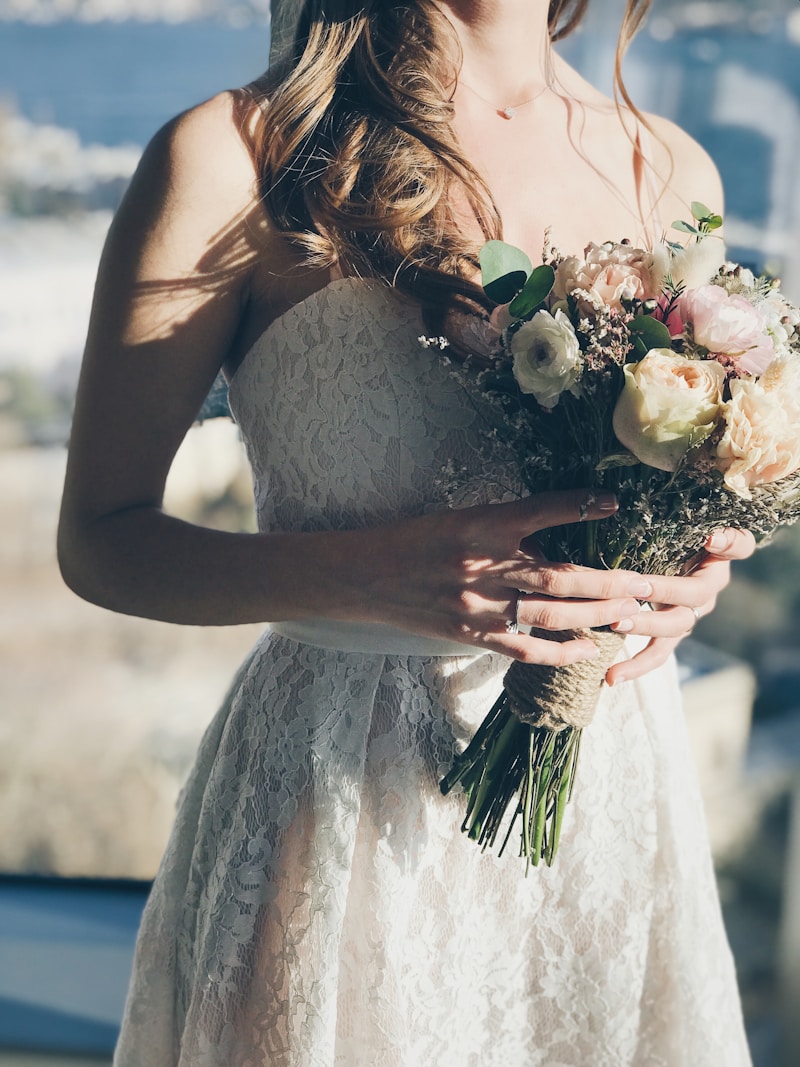Cultural Weddings and Traditions: A Deep Dive into Global Practices
Exploring Cultural Weddings and Traditions Around the Globe
Weddings are significant events in almost every culture, symbolizing love, unity, and the beginning of a new journey for couples. However, the ways in which weddings are celebrated vary greatly around the world, reflecting each culture's unique traditions and beliefs. In this article, we'll explore various cultural weddings and traditions, highlighting unique practices, rituals, and symbols that enrich these celebrations.
Understanding the Importance of Cultural Weddings
Cultural weddings are vital, offering insight into the heritage and values of different communities. They serve as a means of preserving traditions while also adapting to contemporary lifestyles. As globalization increases, many couples find themselves blending elements from various cultures to create a wedding that reflects their identities.
The Role of Rituals in Weddings
Rituals play a central role in many weddings. They often symbolize the couple's commitment to each other and their families. Here are some common rituals from various cultures:
| Culture | Ritual | Significance |
| Indian | Mehndi | The bride's hands and feet are decorated with intricate henna designs, symbolizing joy and prosperity. |
| Jewish | Breaking the Glass | The couple breaks a glass during the ceremony to symbolize the fragility of relationships and the destruction of the Temple in Jerusalem. |
| Chinese | Tea Ceremony | The couple serves tea to their elders as a sign of respect and to seek blessings for their marriage. |
| Mexican | Lazo | A lasso, often made of rosaries or ribbons, is placed around the couple to symbolize their union and bond. |
| Scottish | Handfasting | This ancient ritual involves tying the couple's hands together to symbolize their commitment and union. |
Diversity in Wedding Attire
The attire worn during weddings varies greatly and holds cultural significance. In many cultures, the wedding dress or outfit conveys tradition, status, and even the couple's personality. For example:
Traditional Attire in Various Cultures
Brides often wear outfits that reflect their culture's traditions. Here are a few notable examples:
- India: Brides typically wear colorful sarees or lehengas adorned with intricate embroidery.
- Japan: A traditional Shinto wedding may see the bride in a white kimono, symbolizing purity.
- Western cultures: Many brides opt for a white gown, which symbolizes purity and innocence, a trend popularized by Queen Victoria.
- South Africa: The bride may wear a beaded dress, symbolizing her heritage and family.

Food: A Cultural Showcase
Food plays an integral role in weddings. The dishes served not only reflect the culture but also embody family heritage and traditions. Here are some examples of traditional wedding foods from various cultures:
- Italian: A traditional Italian wedding may feature multiple courses, including pasta dishes, seafood, and lavish desserts like tiramisu.
- Indian: An Indian wedding typically showcases a variety of dishes, with spicy curries, biryanis, and sweets like gulab jamun.
- Jewish: Jewish weddings often serve challah bread and a ceremonial meal known as a 'Seudat Mitzvah.'
- American: In the U.S., wedding cakes are a staple, often elaborately decorated and sometimes featuring multiple tiers.
The Influence of Religion on Weddings
Many cultural weddings are influenced by religious practices, rituals, and beliefs. This can shape the entire wedding ceremony and dictate specific customs. Understanding these influences can provide greater insight into the meaning behind various traditions.
Religious Variations in Wedding Ceremonies
Religious practices can greatly vary, even within the same region:
- Christian: Many Christian weddings feature the exchange of vows in a church, often emphasizing love and commitment before God.
- Muslim: Muslim weddings may include a Nikah ceremony, where the couple signs a marriage contract in the presence of witnesses.
- Buddhist: In a Buddhist wedding, rituals may include chanting and offering prayers to seek blessings from ancestors.
Modern Trends in Cultural Weddings
As society evolves, so too do wedding traditions. Today's couples often look for ways to incorporate modern elements into historic practices. Here are some trends shaping cultural weddings today:
- Destination Weddings: Many couples are choosing to marry in exotic locations, blending traditional elements with local customs.
- Personalization: Couples are increasingly personalizing their weddings by incorporating unique elements that tell their story.
- Sustainability: More couples are opting for eco-friendly weddings, focusing on sustainable practices such as locally sourced food and environmentally conscious decor.
- Technology: The use of live streaming services has risen, allowing loved ones who cannot attend in person to join the celebration virtually.
Conclusion: Celebrating Cultural Weddings and Traditions
Cultural weddings are a celebration of love, heritage, and traditions. They connect people to their roots, celebrate the significance of family and community, and provide a joyful start to the couple's united journey. As each culture brings a unique perspective to wedding traditions, couples can find inspiration from around the globe, creating a celebration that resonates with their values and identities. As you plan your wedding, consider how you might incorporate elements from your heritage while also embracing modern trends to make your special day truly unique and memorable. Remember, the essence of a wedding lies in the love shared between two individuals and their commitment to one another.
Whether you are from a rich tradition or creating a new path, your wedding can be a profound statement of who you are as a couple. Explore, learn, and celebrate the diversity of cultural weddings and traditions as you embark on this beautiful journey together.